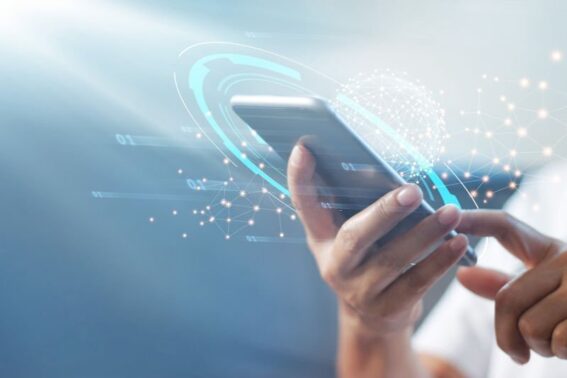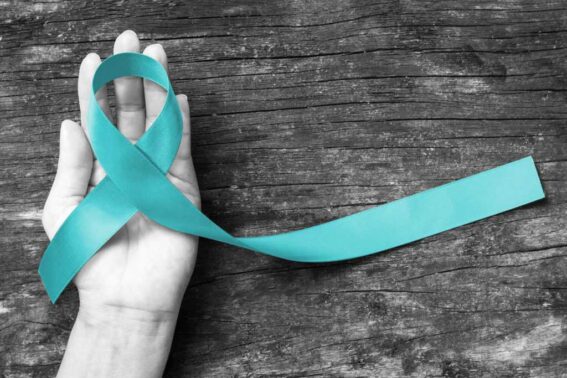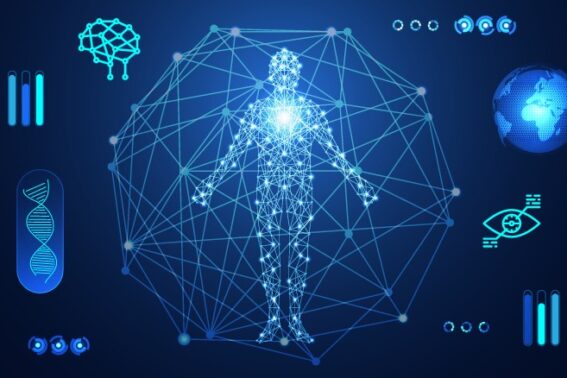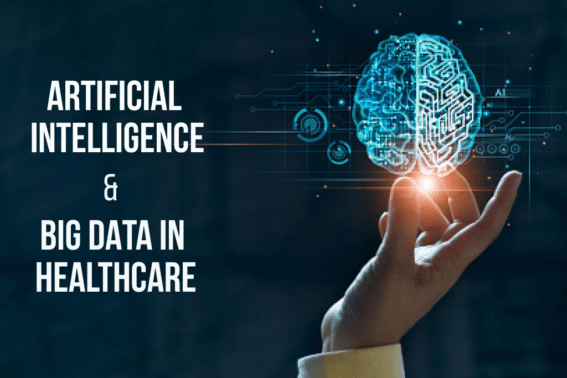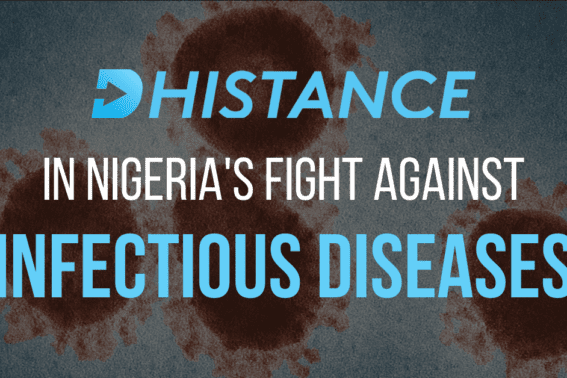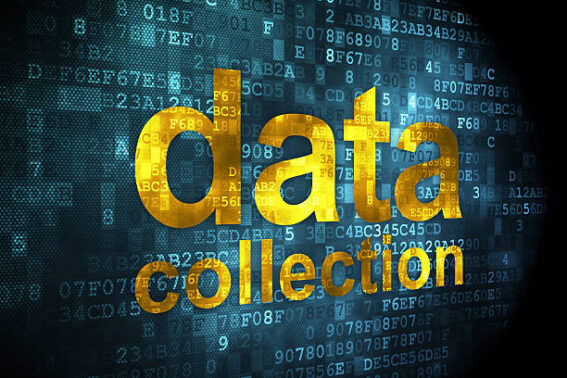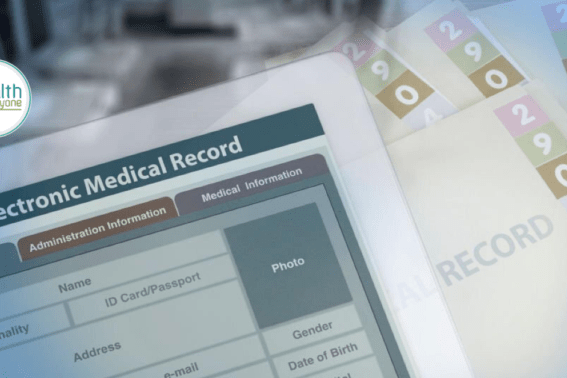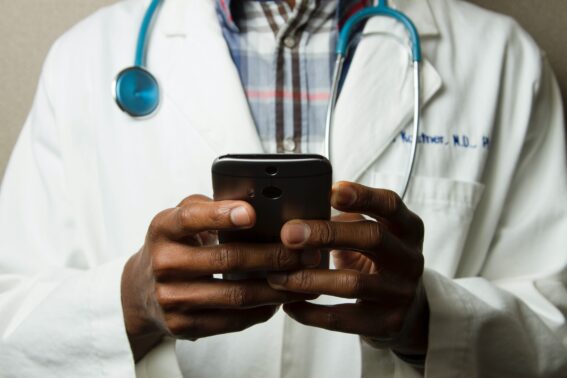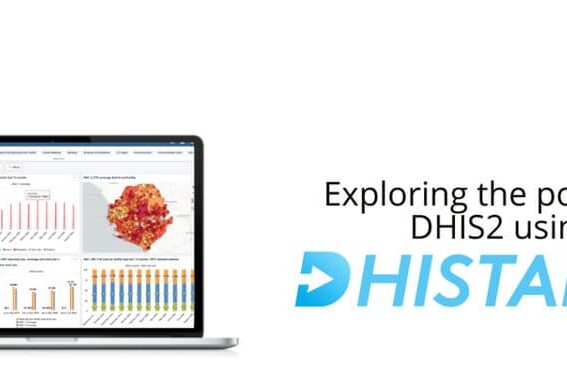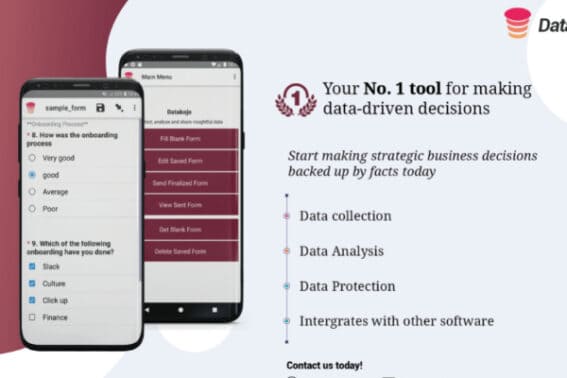Mobile health (mHealth) is the use of mobile devices and technologies for medical and public health practice. mHealth is a component of electronic health (eHealth) that supports medical and public health practice, through the use of mobile phones, patient monitoring devices, personal digital assistants (PDAs) and other wireless devices. mHealth was born out of the[...]
There is growing interest in the myriad of ways in which digital technologies are being leveraged to support the work of individuals and organizations in creating awareness on sexual assault. Increasingly, as these technologies become more available around the world, including to diverse users in the global south, they are being deployed in a[...]
Artificial Intelligence (AI), Virtual Reality (VR), medical IoT (Internet Of Things) and other technologies have transformed traditional healthcare into a smart ecosystem. Thanks to innovative systems, medical professionals can better diagnose and treat patients’ conditions. With more advances on the horizon, the future looks exciting, and who knows, maybe modern technology could soon wipe out[...]
Today, it can be said that the existing healthcare system in most parts of the world is modern because, as outlined by Dave Harrington (2014), the modern healthcare system is driven by data and technology. The fast-paced advancements in technology in various fields have found their way into the healthcare sector directly and indirectly. An[...]
The Institute of Human Virology, Nigeria (IHVN) is an institute that carries out research, testing, treatment, and training in a concerted effort to speed up the discovery of diagnostics and therapeutics for a wide variety of chronic and deadly viral and immune disorders – most notably HIV, the cause of AIDS in Nigeria. To capture[...]
Data collection involves gathering information to be used as a basis for reasoning, discussion, or calculation. “Field data” refers to data collected outside the traditional laboratory or office setting. This collection method is done in person, at a specifically chosen location. Field data collection can be carried out in the form of interviews, surveys, questionnaires,[...]
Despite the many benefits of Electronic Medical Records (EMRs) including reductions in medication errors and unnecessary investigations, as well as improved communication and interaction among primary care providers, their implementation isn’t always easy. Getting an entire organization on board with an EMR plan and finding the time and resources to execute the plan is a[...]
According to Pallipedia, health outcomes refer to the changes in health status (mortality and morbidity) that result from the provision of health (or other) services. They reflect the physical and mental well-being of residents within a community through measures representing not only the length but quality of life as well (County Health Rankings, 2022). Health[...]
Have you ever wondered about how government agencies acquire the information they have on the prevalence of various diseases in the country? I know I have. Thanks to advancements made in technology, there are data analytic tools such as the District Health Information System (DHIS2) that are used for such purposes. However, things haven’t always[...]
Datakojo is a mobile data collection platform that allows individuals and organizations to deliver web-based surveys to any demographic group(s). The platform operates on a survey program to capture responses, in which survey data is instantly cleaned and available for analysis by the user. Datakojo has been deployed for various data collection projects[...]

